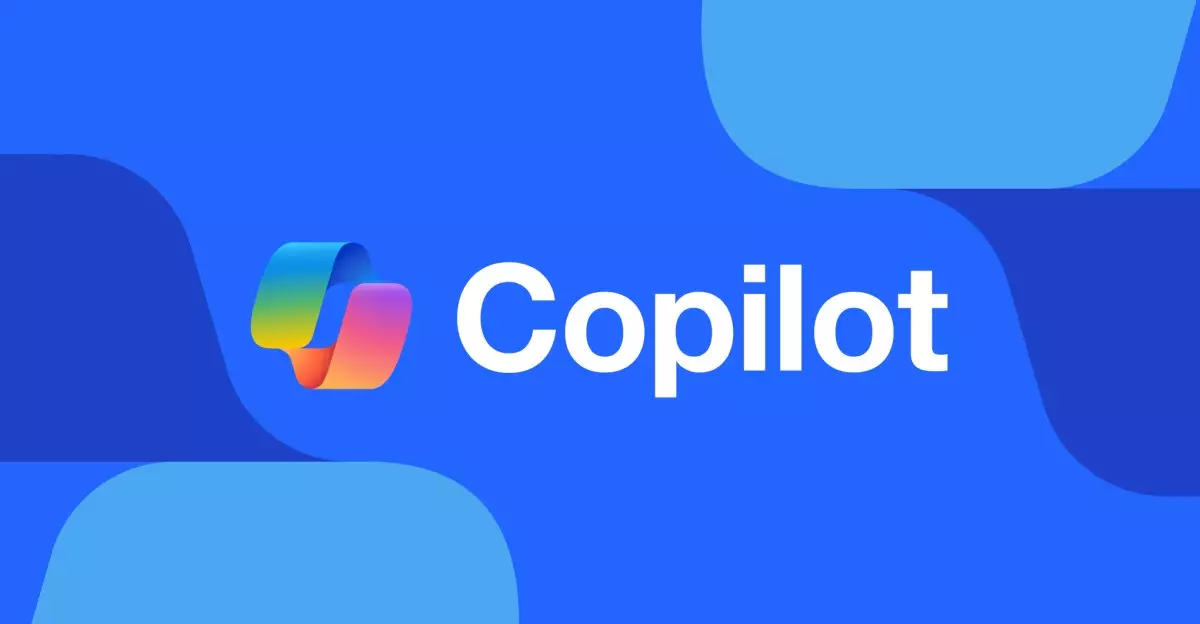The tech landscape is undergoing a seismic shift, and Microsoft is at the forefront with its recent announcements regarding multi-step reasoning AI for Microsoft 365 Copilot. As detailed by Richard Lawler, a senior editor exploring the interplay between technology and its broader implications, these developments promise to reshape productivity tools significantly. With the introduction of two innovative AI agents—Researcher and Analyst—Microsoft is staking its claim in a rapidly evolving field previously dominated by Google and OpenAI.
Researcher and Analyst: Multifaceted AI Agents
The Researcher agent leverages OpenAI’s advanced deep research AI model, designed to execute complex, multi-layered investigations. Its ability to connect with third-party sources like Salesforce or ServiceNow enhances its utility, empowering business users to extract and synthesize insights from a variety of platforms seamlessly. This integration marks a pivotal moment, as organizations can potentially unlock hidden value from their accumulated data in unprecedented ways.
On the flip side, the Analyst agent brings a level of sophistication akin to that of seasoned data scientists. Utilizing OpenAI’s o3-mini reasoning model, this tool transforms raw data into actionable spreadsheets and employs Python code, granting users dynamic insights in real-time. Microsoft’s ambition appears clear: to democratize advanced analytical capabilities, thereby enabling users to tackle complex data challenges without requiring deep technical skills.
Ambitions and Early Access Initiatives
Scheduled for an early access rollout in April, these tools are expected to revolutionize the Microsoft 365 experience. However, as with any new technology, they prompt questions about efficacy and practicality. Will these agents genuinely automate tasks in ways that enhance productivity, or will they merely emulate existing capabilities with a sprinkle of AI? The promise of “automating any task you can imagine” through rule-based workflows hints at significant transformative potential, but real-world applications will be the litmus test for these lofty claims.
As part of its broader vision, Microsoft is also introducing new autonomous agent capabilities through Copilot Studio, which further expands the functionality of its AI offerings. These enhancements raise legitimate skepticism regarding their implementation. As users await these updates, the anticipation builds around how seamlessly they will integrate into established workflows—transitioning from conceptual promises to practical reality remains a crucial factor in user adoption.
Evaluating the Competitors: Can Microsoft Keep Pace?
While Microsoft’s ambition in AI is commendable, the tech giant must navigate a landscape rife with innovation. Companies like Google and OpenAI are aggressively expanding their AI capabilities, making it imperative for Microsoft to not only match but exceed expectations. Whether Microsoft can consistently deliver on the aggressive claims of its new AI agents will determine its competitive standing in this vibrant market.
In a field where advancements materialize quickly, the need for clarity—both in functionality and user experience—is pivotal. Users poised to leverage these tools will be watching closely to ascertain whether Microsoft’s innovative forecasts hold water or if they are simply another set of well-constructed promises. The stakes for Microsoft are high, and the success of Copilot’s new features may very well hinge on their real-world application and user satisfaction.

